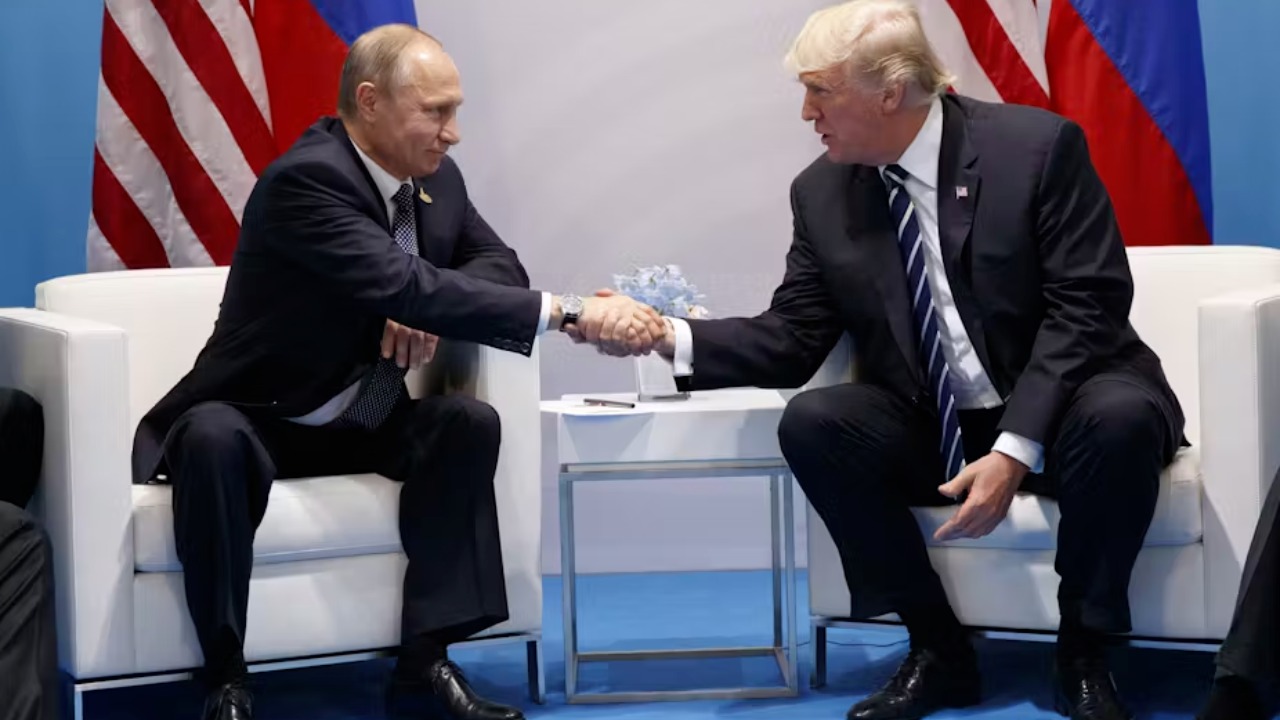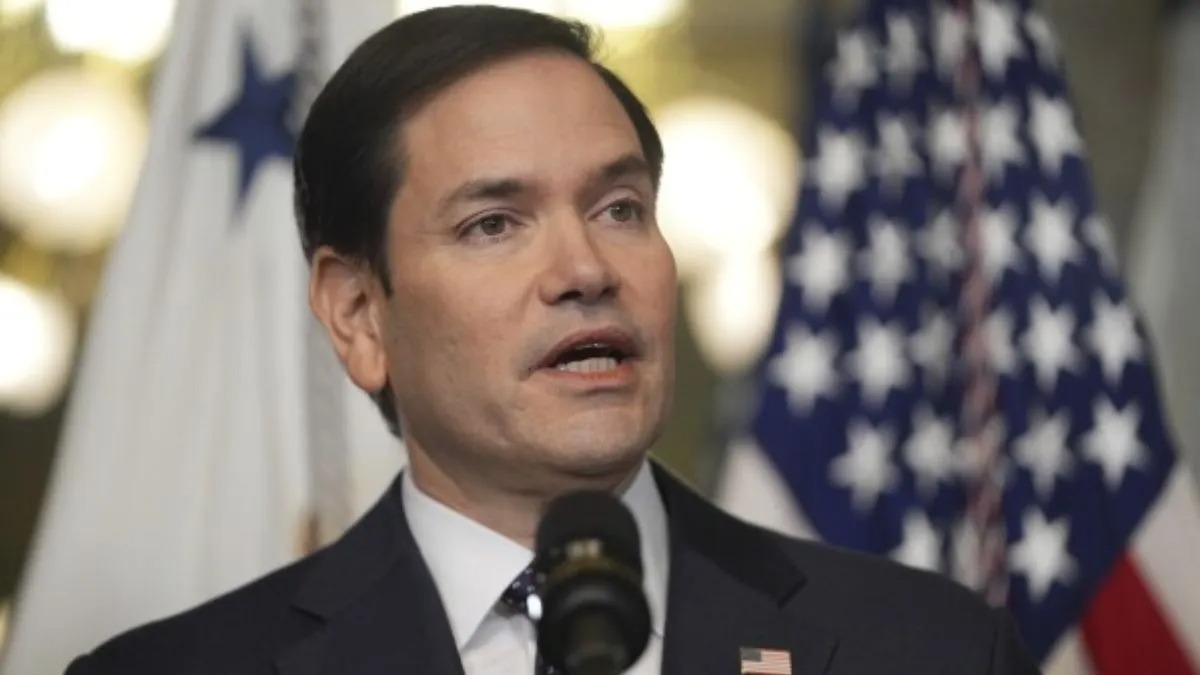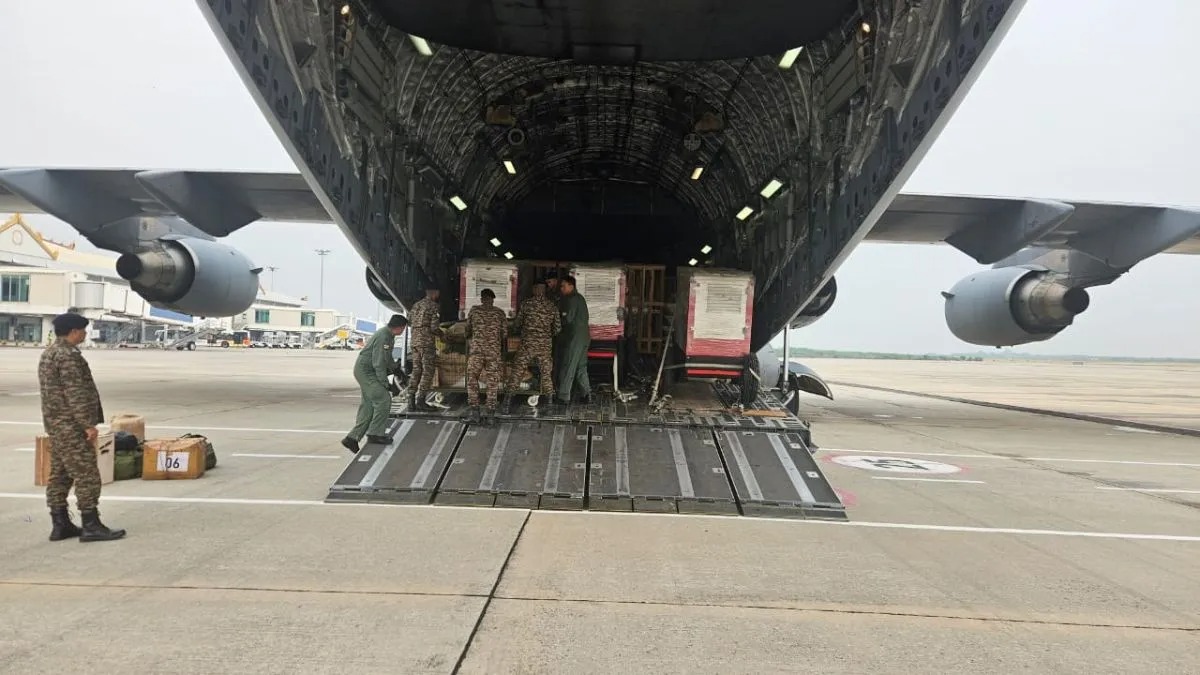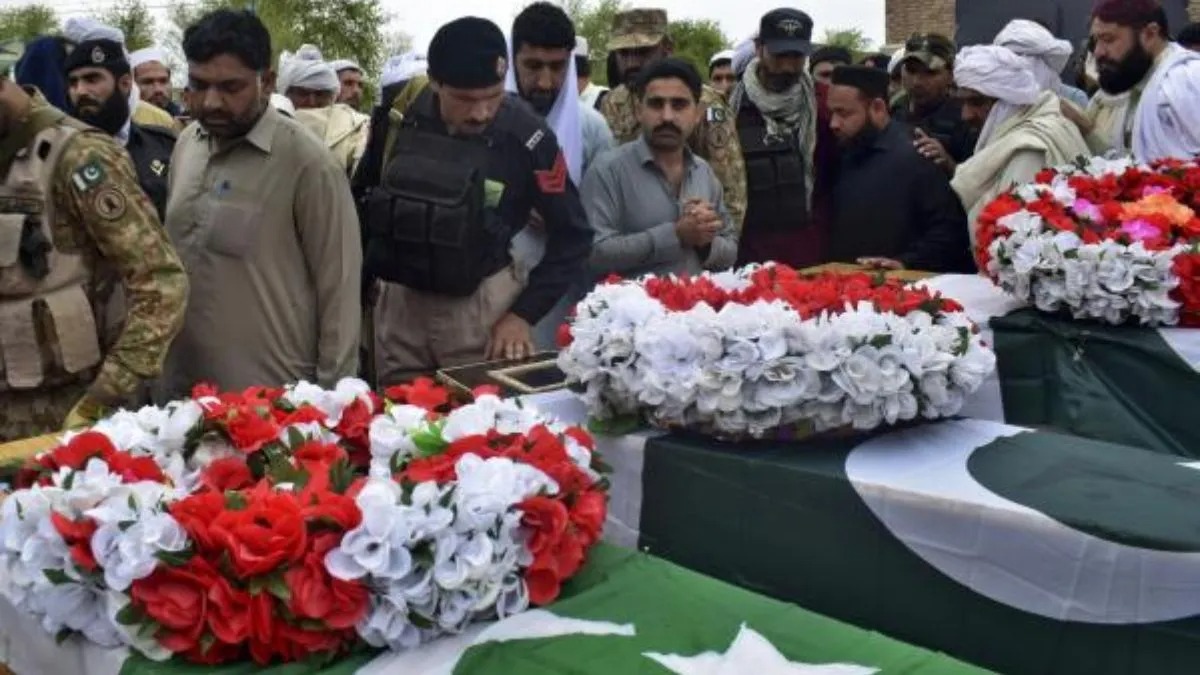
Trump on Ukraine War : Former U.S. President Donald Trump announced that he and Russian President Vladimir Putin have agreed to start negotiations aimed at ending the war in Ukraine. Trump disclosed details of their discussion in a social media post on Wednesday, stating that both leaders are committed to working closely to find a resolution.
The revelation came shortly after a high-profile prisoner exchange between the U.S. and Russia. As part of the swap, Russia released American schoolteacher Mark Fogel, who had been detained for over three years, while the U.S. agreed to release Russian national Alexander Vinnik. Two senior U.S. officials confirmed the exchange but spoke on condition of anonymity.
White House Calls Prisoner Swap a Diplomatic Success
The White House hailed Fogel’s release as a significant diplomatic achievement, suggesting it could serve as a stepping stone toward broader peace talks regarding the Ukraine conflict.
Trump’s special envoy, Steve Witkoff, personally accompanied Fogel from a Russian airport back to the U.S. Fogel, a Pennsylvania teacher, had been arrested in August 2021 for drug-related charges and was sentenced to 14 years in prison. He is expected to reunite with his family by Wednesday morning.
U.S. Defense Secretary Delivers Hard Truths to Ukraine
In a surprising move, U.S. Defense Secretary Pete Hegseth stated on Wednesday that Ukraine’s aspirations to join NATO were unrealistic. He suggested that instead of seeking NATO membership, Ukraine should consider an alternative diplomatic route—one that acknowledges the post-2014 territorial changes and focuses on reaching an agreement with Russia.
Hegseth’s remarks came during a meeting with representatives from NATO and the Ukraine Defense Contact Group, making him the first Trump administration official to engage directly with these alliances.
Europe Expected to Take the Lead on Ukraine Aid
During the meeting, U.S. allies sought clarity on Washington’s position regarding future military and financial aid for Ukraine. Hegseth made it clear that Trump expects European nations to take the lead in providing Ukraine with the necessary support. He also indicated that if a peacekeeping force is deployed to Ukraine, it would primarily consist of international troops—not American forces.
Furthermore, Hegseth clarified that these peacekeeping troops would not be covered under NATO’s Article V protection, meaning they would not be guaranteed military intervention if they came into conflict with Russian forces.
This shift in U.S. policy suggests that Trump’s administration is focused on reducing direct American involvement in the Ukraine conflict while encouraging European nations to step up their role.

 Share
Share






